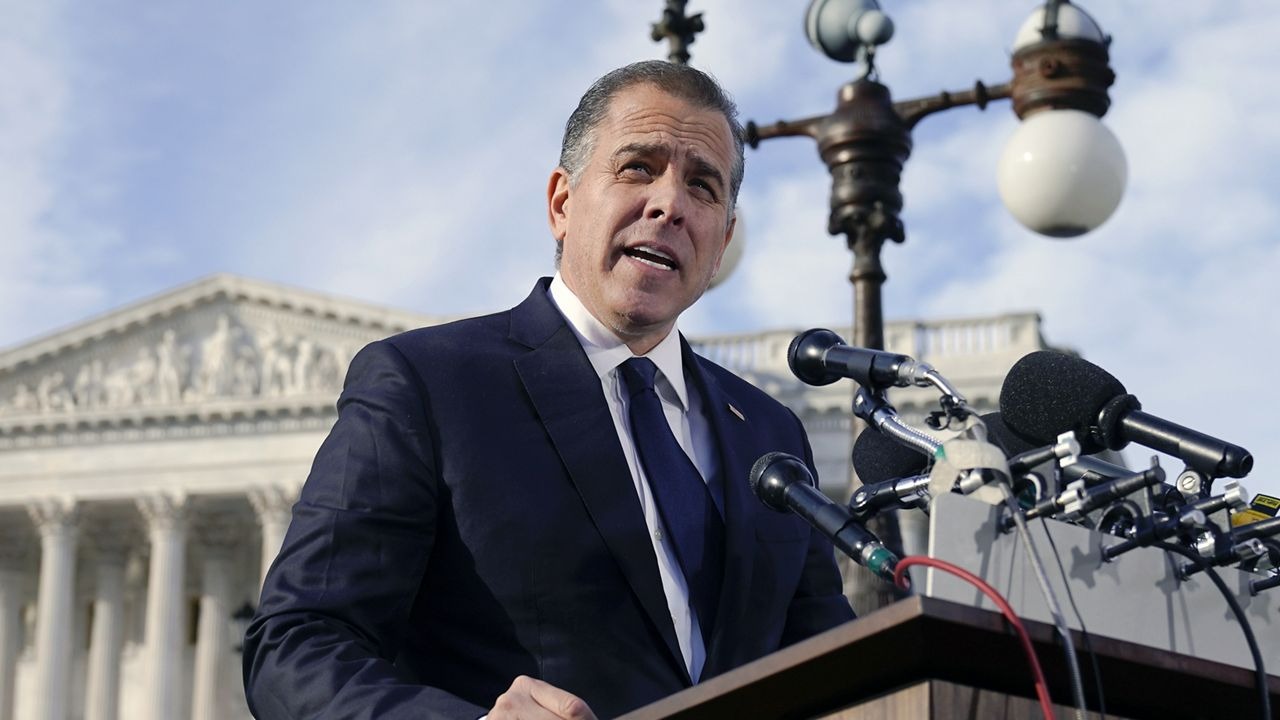The arrest of Alexander Smirnov in Las Vegas has brought forth sensational claims about disinformation and intelligence activities. Smirnov, who was arrested and charged with lying to the FBI about Hunter Biden and President Joe Biden, had provided false information intended to influence the 2024 Presidential election.
His claims included alleging that Russian intelligence had recorded compromising material (Kompromat) on Hunter Biden in a Kyiv hotel.
The Department of Justice (DoJ) and FBI swiftly concluded that Smirnov’s new story was false, emphasizing that Hunter Biden had never traveled to Ukraine.
The timing of the new claims last summer played a role in the collapse of a plea bargain deal for Hunter Biden, with the DoJ deciding to investigate the new information.

Hunter Biden (Credits: NY1)
Smirnov, described as a spy, had been working as an informant for the FBI for a decade. The government memorandum filed in Nevada revealed details of his intelligence reports, meetings with Russian spies, Russian oligarchs, and alleged involvement in covert negotiations to end the war in Ukraine.
The memorandum also mentioned Smirnov’s liquid assets of over $6 million and his plans to arrange a prisoner-of-war swap between Russia and Ukraine.
Despite concerns about his potential to evade justice and foreign intelligence contacts, Smirnov was released on bail with electronic monitoring and confinement to Clarke County, Nevada.
The case involving Smirnov has exposed internal tensions within the U.S. government, particularly within the Department of Justice.
David Weiss, a special counsel appointed under the Trump presidency to investigate corruption claims against the Bidens, is now prosecuting one of his own sources.
The case has implications for political maneuvers, with some Republicans using Smirnov’s claims as evidence for potential impeachment proceedings against President Biden. At the same time, factions within the Republican House caucus are blocking military aid to Ukraine.
The situation raises questions about the intersection of intelligence, disinformation, and domestic politics, highlighting the challenges the U.S. faces in navigating such complex issues within its legal and political systems.
The revelations about Smirnov and the handling of the information he provided add a layer of complexity to existing debates around disinformation, foreign interference, and the role of intelligence agencies in shaping national and international narratives.























